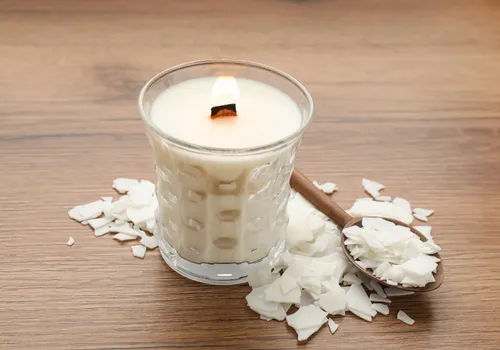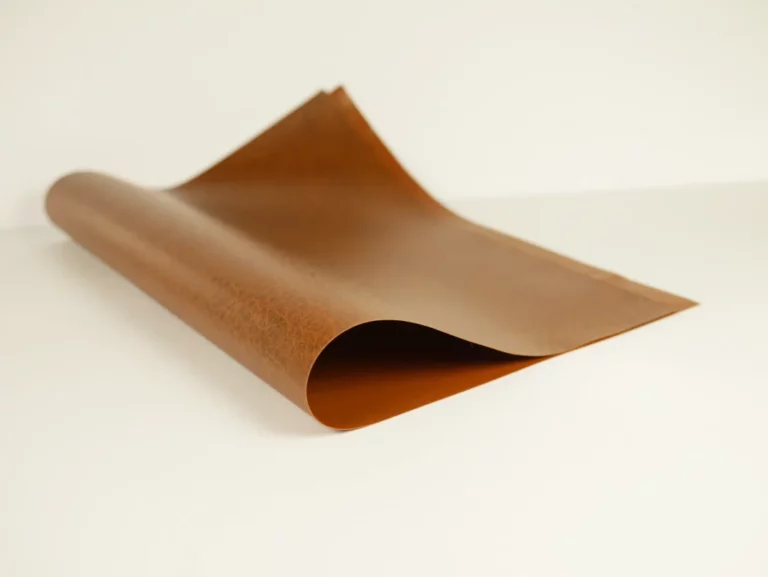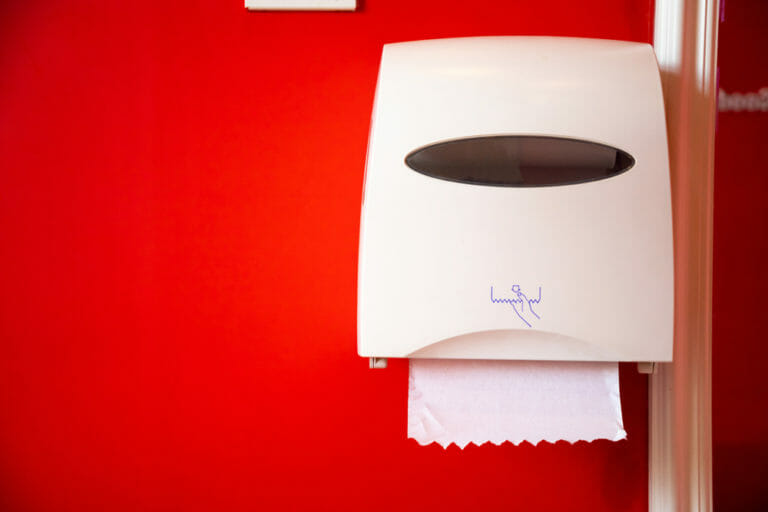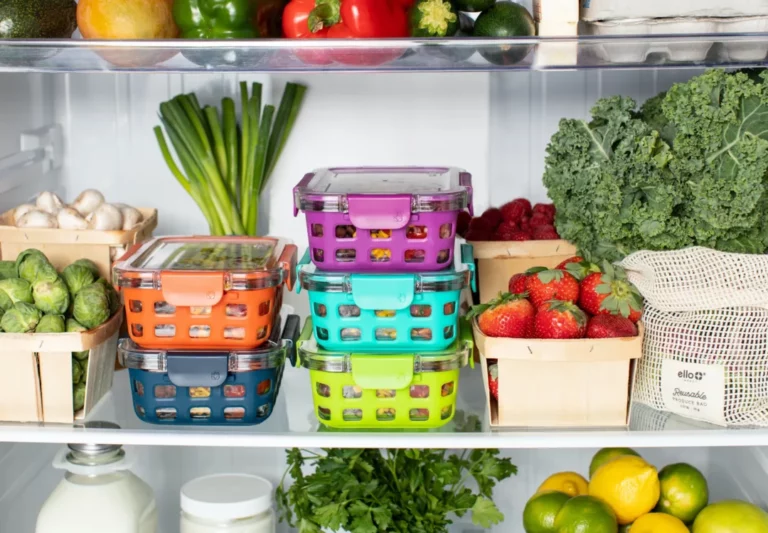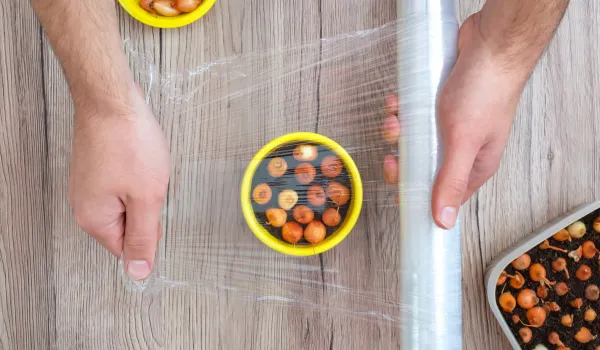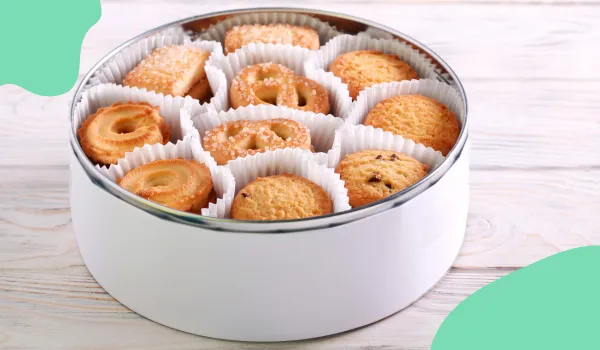7 Reasons Why You Need To Replace Plastic Cooking Utensils
If you’re looking for a more sustainable way of cooking, it’s time to replace your plastic cooking utensils! Here are seven reasons why.
Plastic cooking utensils make life easy for sure – however, there are many reasons why plastic cooking utensils should be replaced. Let’s have look at some of these.
7 Harmful Effects of Plastic Kitchen Utensils
- Plastic utensils can leach chemicals such as phthalates and BPA plasticizers into your food causing digestive problems or even hormonal disruption.
- Plastic baking items can distort the flavor of certain foods like onions and garlic and even leave a plastic aftertaste.
- Plastic utensils are not durable and tend to get scratched easily which increases the risk of bacteria harboring on the surface area.
- The heat of a dishwasher or microwave can warp plastic materials potentially introducing bacteria into the plastic itself.
- Oven-safe plastic simply cannot be heated to high enough temperatures to sterilize them properly.
- Plastic utensils eventually degrade over time losing their shape and leaving you with an ugly set of kitchen tools that will not last forever.
- Lastly, plastic is one of the biggest pollutants in our environment and has been linked with many health issues – so replacing your plastic cooking utensils with bamboo or wooden ones is a great way to help protect both human and environmental health.
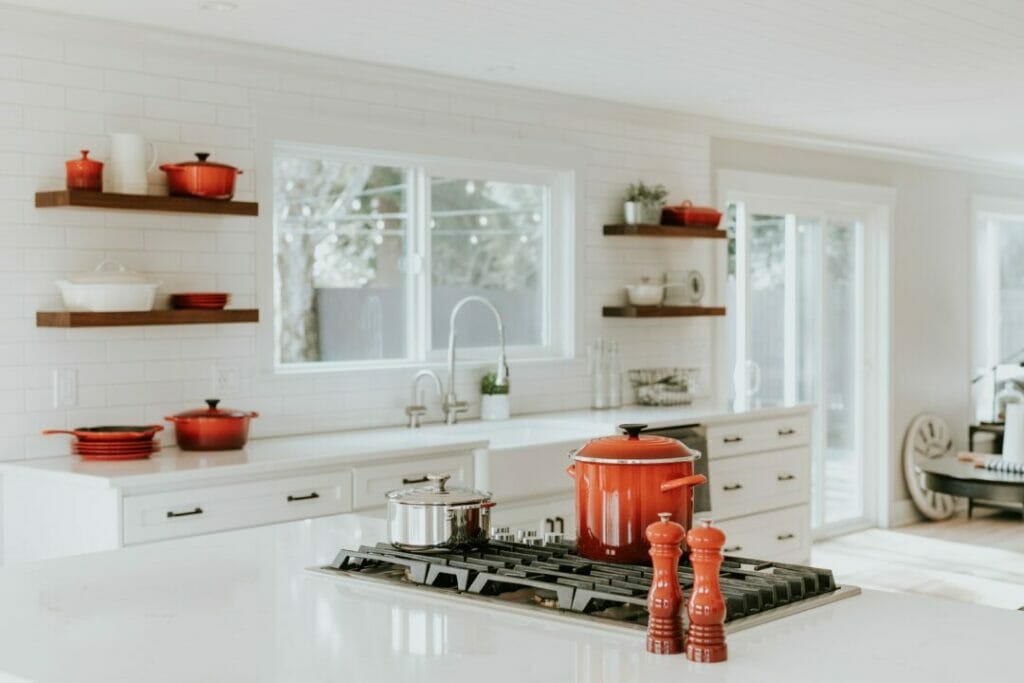
Non-Toxic Cooking Utensils You Should Use
With more individuals becoming aware of the dangers of using toxic materials while they’re cooking, more and more people are starting to invest in non-toxic utensils. Common materials used for non-toxic cooking utensils include stainless steel, silicone, enameled cast iron, glass, and carbon steel.
Stainless Steel Utensils
Stainless steel is an ideal choice for non-toxic cookware because it’s easy to clean and does not contain any harmful toxins or additives. Not only are they tough and durable, but they bring a sleek, modern style to any kitchen or dinner table.
They won’t break, bend or scratch like other less sturdy materials can under regular use. Plus, stainless steel utensils conduct heat well, so you’ll be able to cook with them more easily.
Get Your Hand on Your Eco-Friendly Living Starter Guide!
Additionally, stainless steel utensils don’t absorb stains or odors from food, making them resistant to rusting and easy to clean. The versatility of these utensils makes them a great addition for all types of meals – from light snacks prepped in a hurry to multi-course feasts shared with family and friends.
Food-Grade Silicone
Silicone is also a common choice as it can be used at high temperatures without releasing contaminants into your food. Food-grade silicone is an essential component of kitchenware and other food-related products.
It provides many advantages over traditional materials such as metal or glass by being non-porous, scratch-resistant, heat-resistant, and hypoallergenic. Silicone also has a higher thermal mass than metal, so it retains temperatures longer for better temperature control for food preparation.
Furthermore, because of its versatility in shape and texture, food-grade silicone is often used to make products from ice cube trays to baking molds to pastry brushes with ergonomically designed handles. Combined with its easy cleaning properties, it is no wonder why chefs are opting more and more for high-quality silicone kitchenware. Its benefits make it a clear choice when creating the best possible cooking experience in the kitchen.
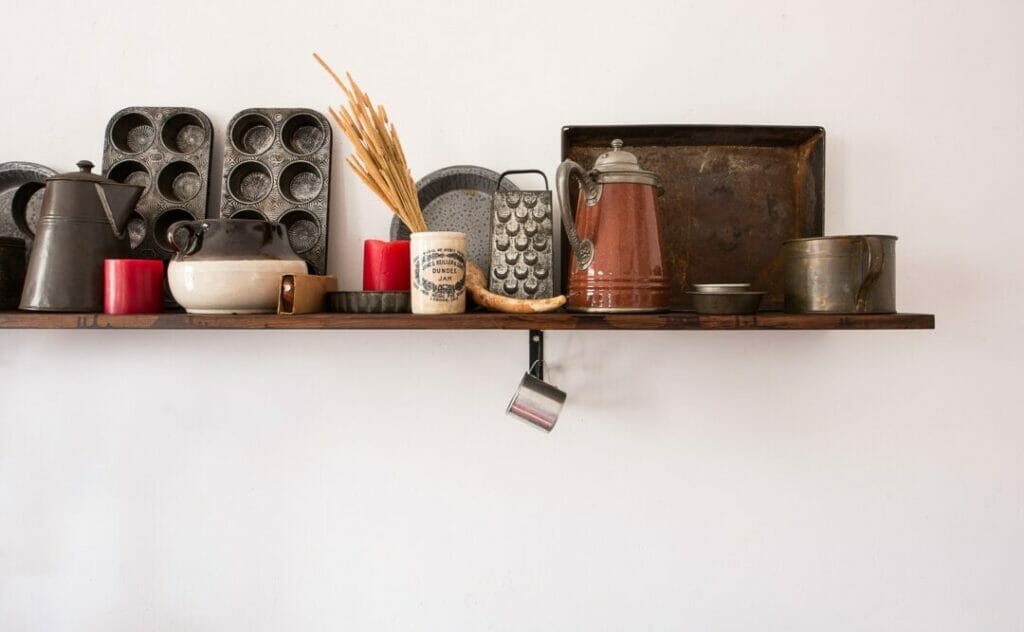
Enameled Cast Iron
Enameled cast iron is a lightweight option that is considered one of the safest materials to use since it won’t leach toxins into your meal. It evenly distributes heat, reducing hotspots that would otherwise burn food while also retaining heat over low and slow cooking techniques.
Additionally, cast iron’s nonstick surface makes it ideal for sautéing and searing. Each piece of enameled cast iron can be used across multiple types of cooktops, including gas, electric, and induction stovetops, though it should always be preheated on the stovetop before being added to the oven to prevent cracking from sudden temperature changes.
Glass Kitchen Utensils
Glass is also great for storing food since it won’t corrode like some metals can and protects your food from contamination. Glass kitchen utensils provide a sustainable and attractive addition to any kitchen.
They can be used for mixing batters to prepping vegetables, and provide a great way to store leftovers in the fridge or on the counter. Not only do they look beautiful and modern, but glass utensils are also environmentally friendly as they are made with recycled glass that is both durable and easy to clean.
The ease of cleaning makes them a delight for both cleaning up at the end of the day, as well as preparing food quickly without having to worry about scrubbing away at those tough stains. Furthermore, the range of ones available for the home cook makes it possible to get crafting in the kitchen with different styles of measuring spoons, carafes, jugs, and even pestles and mortars!
Carbon Steel Kitchen Items
Lastly, carbon steel is an attractive alternative as it’s heavier than aluminum and provides better heating performance which makes this material perfect for making sauces or wok stir-fries. Carbon steel is composed of two elements; iron and carbon, with a range of additional alloys being added for specific properties such as corrosion resistance.
The malleability of carbon steel also allows for items such as pans, knives, braziers or works to be fashioned into any given shape that allows them to do their job more effectively. Not only is it hard-wearing but it’s also easy to maneuver in the cooking process.
All five of these options help make sure you’re safe while you’re cooking delicious meals without sacrificing any flavor.
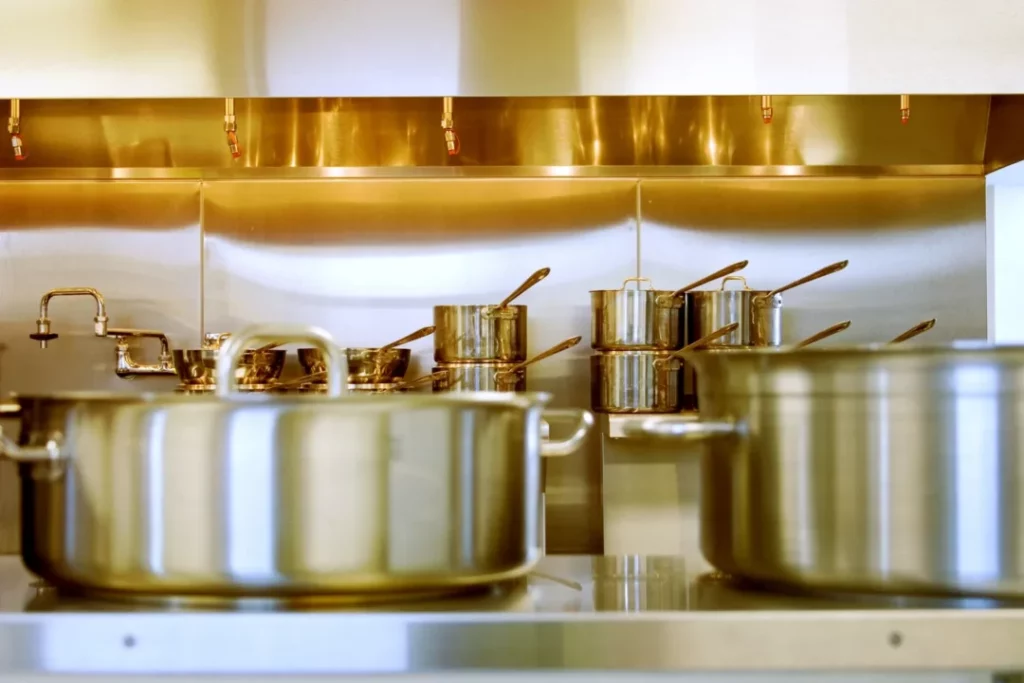
Why You Should Switch To Healthier Alternatives To Plastic Cooking Utensils
Plastic cooking utensils have become increasingly prevalent in modern households due to their convenience and affordability. Unfortunately, many plastic kitchen items can be a source of chemicals, such as phthalates and bisphenols, that are hazardous to both people and the environment.
These toxins have been linked to health concerns in humans, ranging from hormone disruption to reproductive damage, while also contributing to air pollution and water contamination. Therefore, making the switch to healthier alternatives is important for both your family’s well-being and the planet’s future.
Reusable cooking utensils made from stainless steel or bamboo utensils are better solutions because they don’t contain these potentially harmful chemicals; plus they are durable enough to last you years of use. Furthermore, opting for sustainable materials helps reduce our ecological footprint by consuming fewer resources than single-use plastics do when manufactured. So, ditch the plastic kitchen tools and make a conscious decision for a safer and greener lifestyle today.

